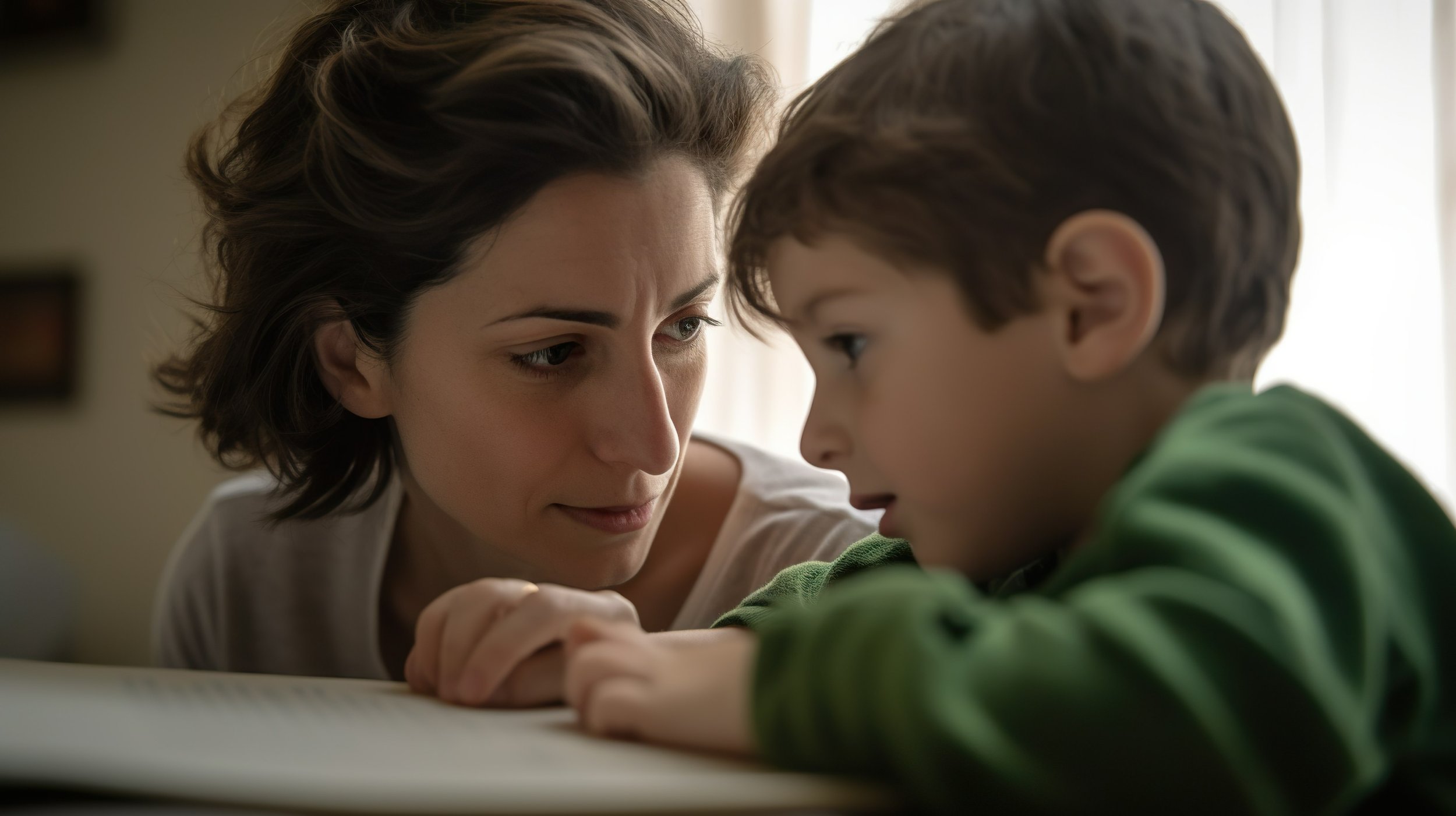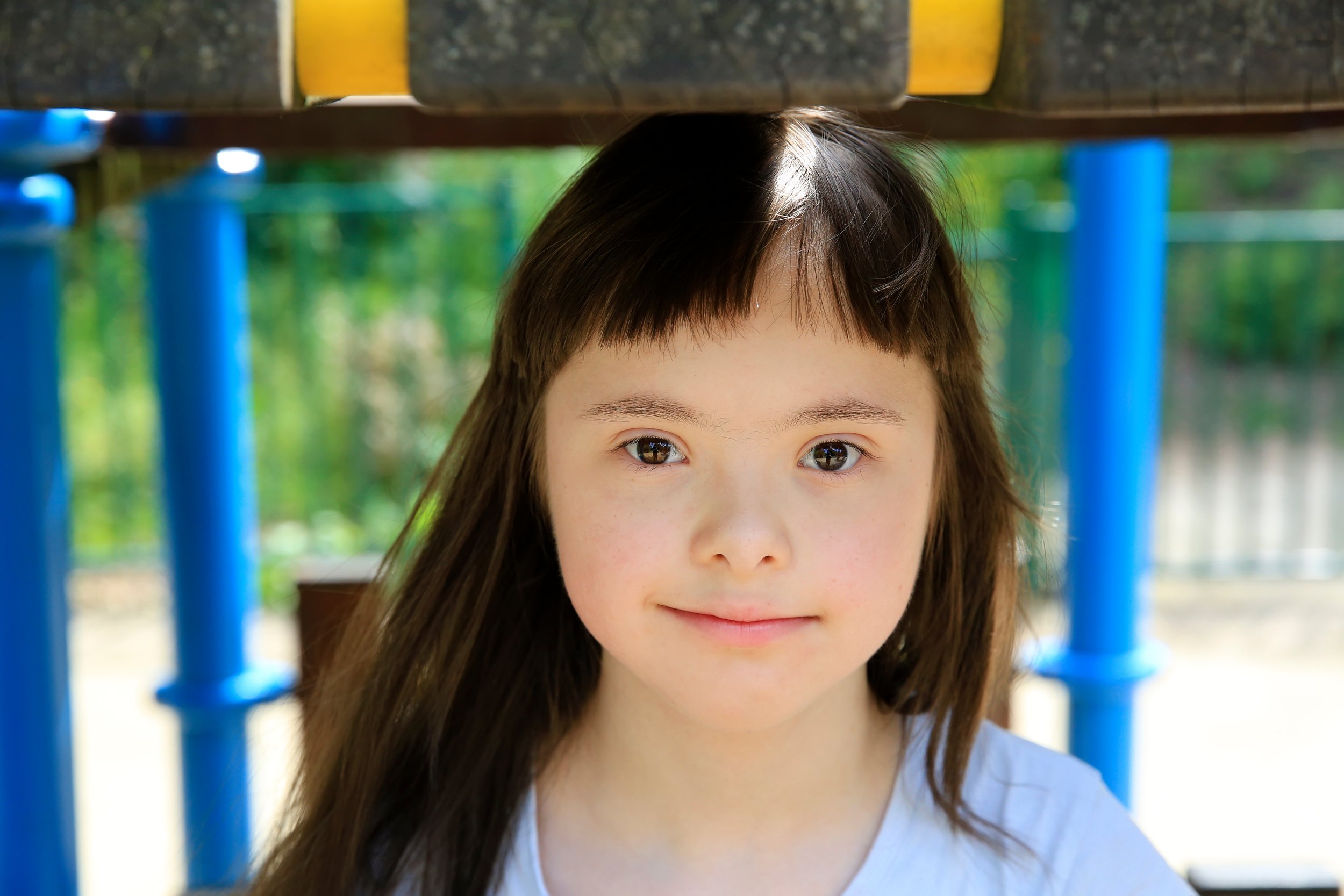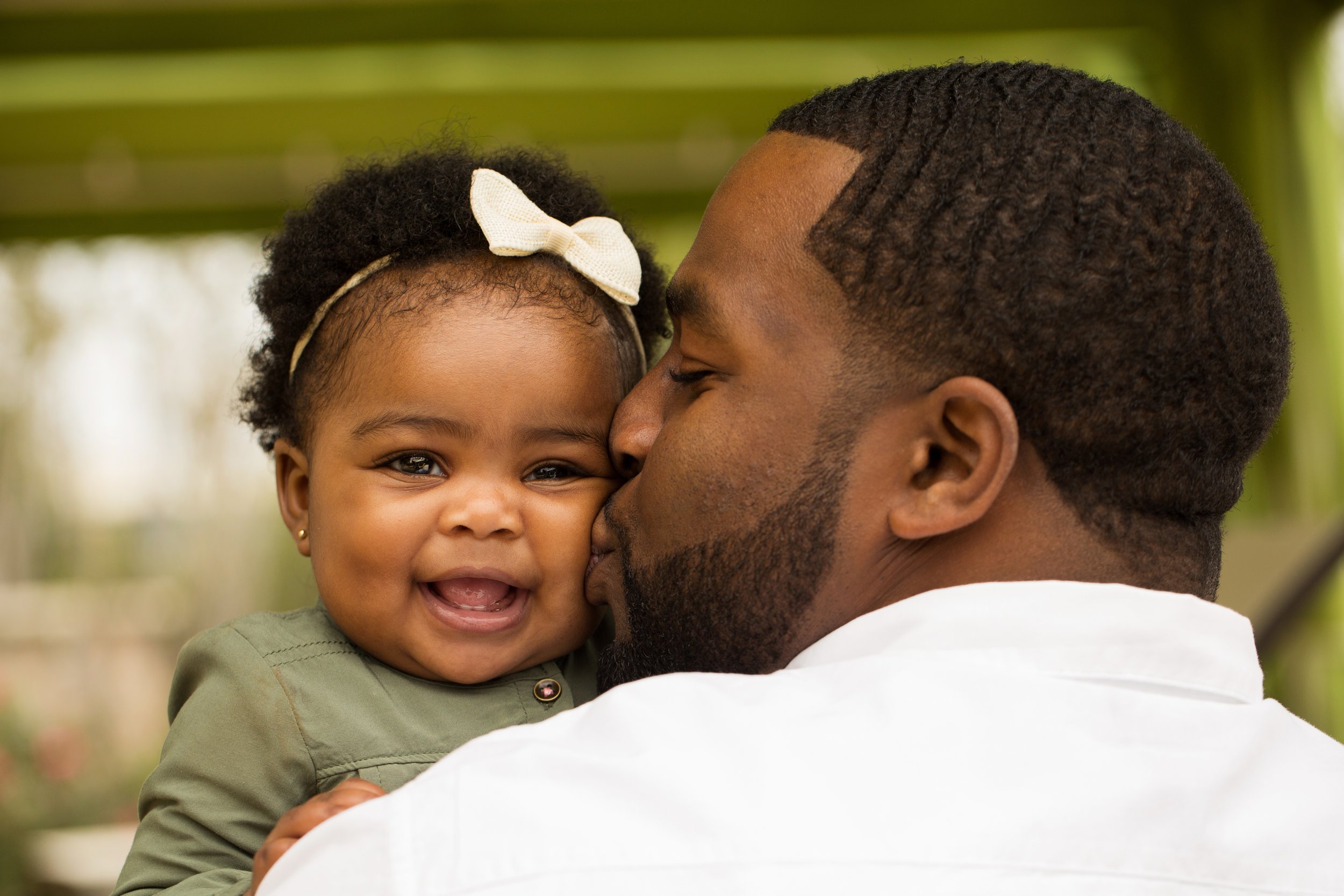PARENTING COORDINATION
This is a modality of family dispute resolution designed to assist parents in resolving their parenting issues, post-separation and once a parenting arrangement is in place.
The above statement comes with a number of caveats and clarifications so please read on.
KEY FEATURES OF PARENTING COORDINATION (“the PC process”):
The PC process involves two phases: - the education and consensus-building phase, and the decision-making phase. In the initial phase, the Parenting Coordinator acts as a mediator and attempts to help the parents reach agreement on a specific issue through dialogue and consensus. In the decision-making phase, the Parenting Coordinator becomes the decision-maker on the issue, an arbitrator, but only after all reasonable steps have been taken to try and resolve the issue in mediation, or if the issue is time-sensitive. The PC’s decision on an issue is a called an Award. PC Awards are binding on the parents and can be enforced in Court.
The decision-making phase of the PC process is a “secondary arbitration”. This means that it arises out of parenting arrangements which are already in place - for example, in a Separation Agreement, a Parenting Plan, a court Order or an arbitration Award. The Parenting Coordinator does not work with parents on creating a parenting plan from scratch. Rather, the Parenting Coordinator works with the parents based on an already-existing parenting plan. This is an important and often-misunderstood point: - the process in which parents voluntarily work with a third party to come to an agreement on their parenting arrangements is family mediation, not Parenting Coordination.
In broad terms, the Parenting Coordinator assists with the implementarion, maintenance and monitoring of an existing parenting plan. There is also an important and ongoing educational element to the PC process, including about the effects of parental conflict on children. The Parenting Coordinator monitors the Children’s adjustment to the parenting plan and facilities the parents’ communication/relationship with one another, and the Children’s communication/relationship with both parents.
The scope of the Parenting Coordinator’s jurisdiction (specific roles) comes from the parents themselves: - from the initial document setting out the already-existing parenting plan, and from the PC Agreement the parties and the Parenting Coordinator will sign.
Most Parenting Coordinations are in place for a term of between 24 and 36 months.
Parenting Coordination can be “closed” or “open” - this refers to whether what happens during the process can or cannot be revealed in Court (but all Awards made can be).
Not all separated parents with existing parenting plans require Parenting Coordination. In fact, most do not. The PC process is designed primarily for parents who experience frequent, ongoing and protracted parenting disputes. Its end goal is to disengage the parents so they can resolve future disputes, if any, on their own - using tools and techniques they learn in Parenting Coordination.


















